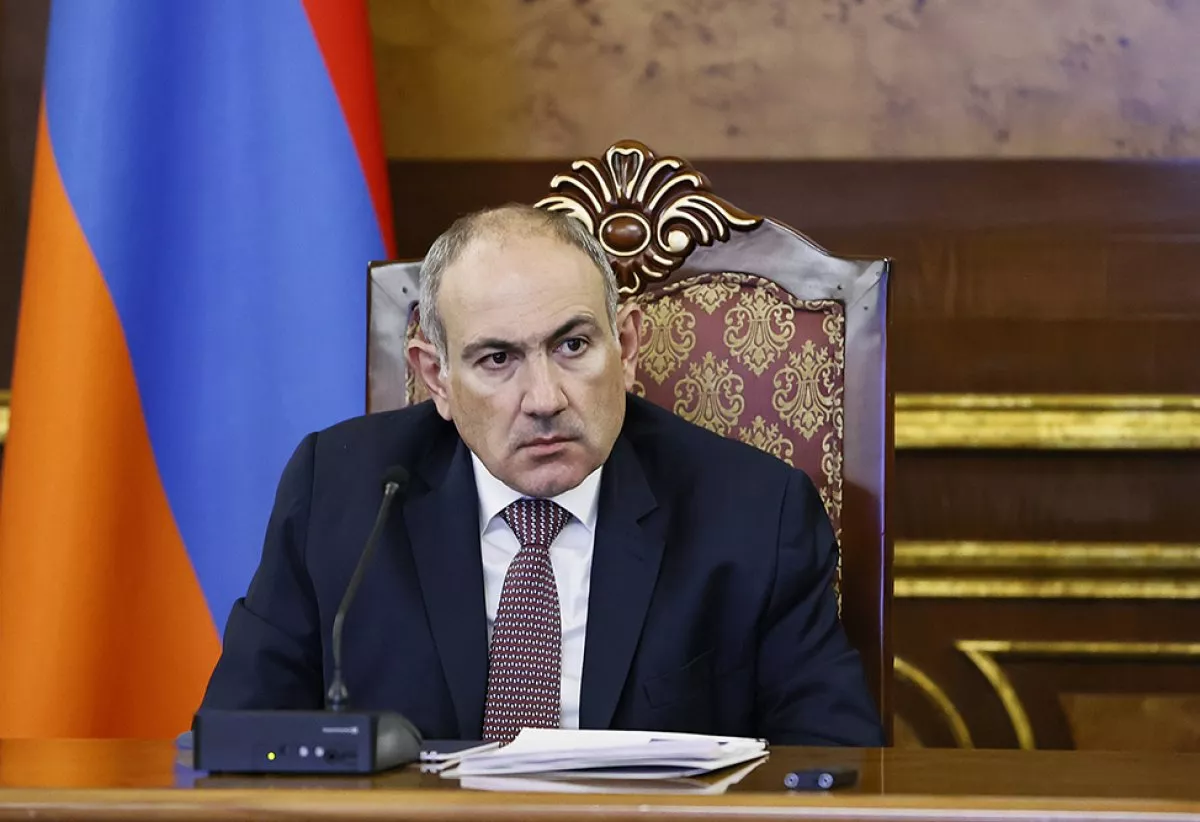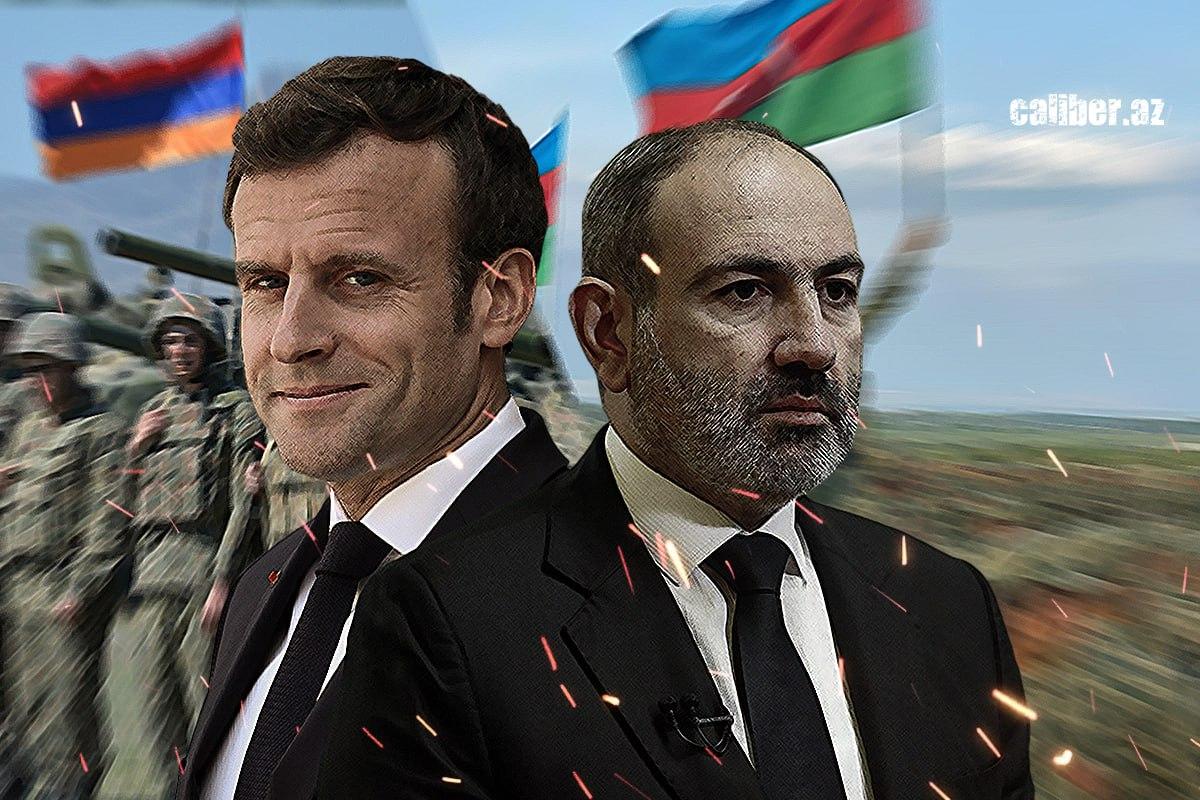Adventurers of conflict: Armenia thrown into the fire
While Azerbaijan maintained cautious optimism about the steady progress of the negotiation process with Armenia, the other side of the conditional border seemed determined to label the new year as one of failure for peace. This is the only way to explain the repeated shelling of Azerbaijani army positions in the Lachin direction by the Armenian side in the first days of January.
We have already written extensively about Yerevan’s apparent preparations for what they believe will be a "small victorious war" against Azerbaijan. During this conflict, Pashinyan and his team hope to seize a small piece of territory along the conditional border. The goal is simple: to boost the rapidly declining popularity of the Civil Contract party ahead of the parliamentary elections scheduled for 2026. Moreover, according to Yerevan and its foreign patrons, such developments would embed in the Armenian collective consciousness the idea of a potential grand revanche and reboot the narrative of miatsum (unification).
At first glance, this second objective seems illogical, as it contradicts Pashinyan’s promoted concept of a “real Armenia,” which advocates for pragmatism in relations with neighbors. However, knowing Pashinyan’s nature and his tendency to juggle multiple agendas, it is reasonable to assume that he is equally reluctant to alienate both the liberal and the radical-nationalist segments of the electorate, the latter being unwilling to embrace the idea of a “real Armenia.”

In essence, Pashinyan still has time on his side and little reason to act hastily. After all, there are twelve months in a year—so why escalate tensions at the very start? This is where the influence of third-party forces likely comes into play. While Armenia may entertain aspirations of a "victorious war," its external patrons seem indifferent to the consequences of any provocation.
In the United States, the Democratic administration is begrudgingly preparing to hand over power to Trump’s incoming team. With less than two weeks remaining before the transition, their window to create obstacles for the new administration is closing rapidly. It’s no secret that, for perhaps the first time in decades, the divide between Democrats and Republicans has reached an existential level. However, this conflict extends beyond mere party rivalry—it represents a deeper clash between the U.S. political establishment and Trump, who is often seen as an anti-establishment figure.
The Democratic establishment appears focused on making Trump’s path as challenging as possible, thwarting his ambitions to reshape domestic and global policies. Additionally, they may see potential unrest in the South Caucasus as an opportunity. By positioning themselves as mediators in a possible conflict, they could step in as peacemakers, leaving office with a flourish and a final demonstration of influence on the international stage.

President Macron of France also seems to desire an Armenian-Azerbaijani war, as his approval rating among the French population is rapidly approaching zero, and he urgently needs to present himself as a hero in some foreign policy venture. What he likely wants most is for Azerbaijan not only to destroy Armenian military positions along the notional border but also to cross this border, in order to label our country as an aggressor and initiate sanctions, potentially even sending military contingents to Armenia. The calculation seems to be that, in this scenario, Paris would simply force Moscow to accept an escalation of its presence in the region due to the urgent necessity arising from Russia's distractions on the Ukrainian front.
In short, there are plenty of benefits for those eager for escalation, except for Armenia. As always, Armenia remains a pawn in the hands of more powerful forces, a wooden or plastic toy that will either burn or melt (does it even matter?) in the furnace of others' interests. The Civil Contract party, which began 2025 with such optimism, may simply not survive to the much-anticipated 2026.
However, there’s still the almost unimaginable scenario that justifies Pashinyan’s adventurism. Perhaps, no longer believing in an electoral victory, he is counting on a major chaos to, for instance, declare a state of emergency under French bayonets and continue to rule the country for a few more years?








